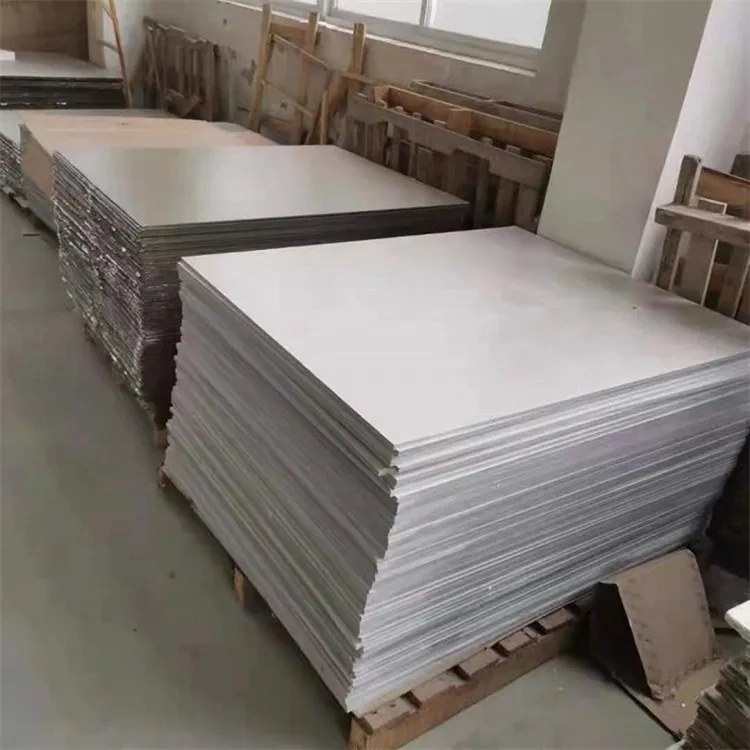Mica Sheet manufacturer, supplier, and exporter in China for global industries

What is Mica Sheet?
Mica Sheets are high-performance insulating materials made from natural or synthetic mica. Known for their exceptional thermal and electrical insulation properties, Mica Sheets are widely used across various industries. They come in different types, including synthetic Mica Sheets, calcined Mica Sheets, and muscovite Mica Sheets, and can be categorized by their rigidity or flexibility.
Product Applications of Mica Sheet
Thanks to their lightweight, flexibility, and durability, Mica Sheets have a broad range of uses:
Industrial Applications – Ideal for furnaces, ovens, and other equipment requiring stable high-temperature insulation to improve operational efficiency.
Aerospace Industry – Used in aircraft engines, rocket motors, and other extreme temperature environments due to their lightweight and high heat resistance.
Electronics & Telecommunications – Provide reliable insulation for electrical devices, transformers, and communication equipment.
Automotive – Applied in heat shields, insulation panels, and other components exposed to high thermal loads.
Key Strengths of Our Mica Sheet
Highly flexible & lightweight
Excellent resistance to moisture & chemicals
Outstanding high-temperature resistance
Why Choose YILONG for Mica Sheet?
Qingdao Yilong New Materials Co., Ltd. is a trusted supplier of industrial insulation and sealing solutions, including premium Mica Sheets. Leveraging our strong manufacturing network and quality control system, we ensure consistent product performance and customized solutions for diverse industries such as electronics, telecommunications, automotive, aerospace, and heavy machinery.
Our commitment to quality, innovation, and customer satisfaction makes YILONG a reliable partner for businesses worldwide. Whether you need standard or tailor-made Mica Sheet solutions, we deliver products that enhance temperature control, improve safety, and extend equipment lifespan.
Enhance your efficiency and safety with YILONG Mica Sheets – engineered for extreme performance.
As industrial systems become more compact, powerful, and safety-critical, material selection plays a decisive role in overall performance. FR4 glass epoxy sheet has emerged as one of the most dependable insulation laminates for applications requiring electrical safety, structural stability, and thermal endurance.
Engineering plastics play a vital role in modern industry due to their excellent mechanical strength, chemical resistance, dimensional stability, and long service life. From electrical insulation and industrial machinery to automotive, electronics, and medical equipment, engineering plastics have become indispensable materials for high-performance applications.
Cast Nylon is a widely recognized engineering plastic known for its excellent mechanical strength, wear resistance, low friction coefficient, and stable electrical insulation performance. As industrial equipment continues to demand higher efficiency, durability, and cost control, Cast Nylon has become an ideal alternative to traditional metal components across multiple industries.
In the electrical industry, material selection is not driven by trends, but by long-term performance under real operating conditions. Despite the emergence of advanced polymers and composite laminates, Bakelite sheet continues to be specified in critical electrical applications where arc resistance, thermal stability, and mechanical reliability are essential.
In the field of electrical insulation materials, mica tape is widely recognized as an essential fire-resistant layer, especially in applications where safety and stability are paramount. Among the different types of mica tape, calcined mica tape and Synthetic Mica Tape are two of the most commonly used solutions. Each type has distinct raw materials, manufacturing processes, and performance characteristics, making the right choice crucial for specific applications. YILONG, as a leading manufacturer of mica insulation materials, offers a detailed comparison to help customers make informed decisions.
In the field of electrical insulation, synthetic mica tape has become a cornerstone material due to its exceptional thermal stability and electrical resistance. YILONG is proud to announce the launch of its latest synthetic mica tape series, designed to meet the demanding requirements of high-temperature and high-voltage applications. This product is ideal for cable manufacturers, motor and generator production, and other electrical equipment requiring durable insulation solutions.
Calcined Mica tape is a high-performance insulation material widely used in electrical systems where high temperature resistance, excellent dielectric strength, and long-term stability are required. Compared with unCalcined Mica paper, Calcined Mica undergoes a controlled dehydration process that improves its structure, resulting in stronger insulation performance and enhanced durability. YILONG specializes in producing Calcined Mica tapes tailored for motors, generators, medium and high-voltage applications, as well as high-temperature industrial equipment.
Mica tubes are widely recognized as a high-performance insulation solution in electrical and thermal systems. Thanks to their excellent dielectric strength, heat resistance, and dimensional flexibility, Mica tubes are essential components in motors, heating equipment, power devices, and advanced industrial systems. At YILONG, we manufacture Mica tubes engineered to meet diverse application requirements while ensuring long-term safety and reliability.
Selecting the right mica material is a critical decision in electrical insulation, thermal protection, and high-performance industrial applications. Among naturally occurring mica minerals, Muscovite Mica and Phlogopite Mica are the two most widely used due to their stable structure, excellent insulating properties, and proven performance in demanding environments. However, their different chemical compositions lead to distinct physical and electrical characteristics, making each type suitable for specific applications.
Mica Sheet material is a high-performance insulating material widely used in electrical, thermal, and industrial applications. With the rapid development of power equipment, electronics, and high-temperature industries, Mica Sheets have become an essential solution for electrical insulation and thermal protection. As a professional manufacturer and supplier, YILONG provides reliable Mica Sheet materials designed to meet demanding industrial requirements.

No.3, Mianzhi Street, Zhucheng, Shandong, China
Copyright © 2025 by Qingdao Yilong Insulation Material Company Limited All Rights Reserved



